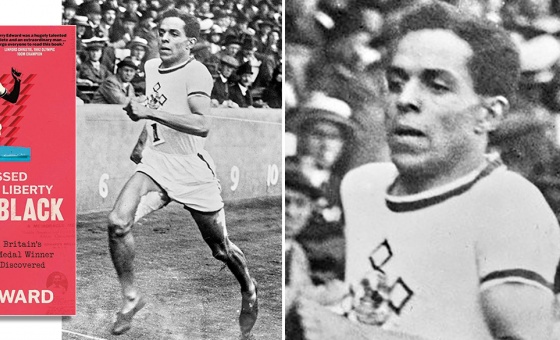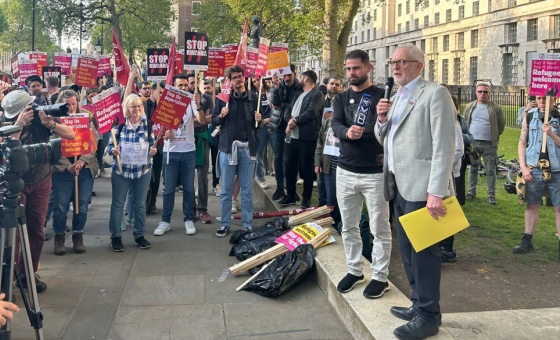This is the last article you can read this month
You can read more article this month
You can read more articles this month
Sorry your limit is up for this month
Reset on:
Please help support the Morning Star by subscribing here
No deep mines remain in the Durham coalfield but the Durham Miners’ Gala shows that the current of socialism in north-east England still runs strong and the hard-fought gains of trade unionism refuse to be forgotten.
On a day in which thousands will march through the streets of Durham carrying banners adorned with renderings of men and women who fought for the interests of the working class, I thought it fitting to write about one of my personal heroes of the trade union and labour movement, Robert Smillie.
Born in Belfast in 1857, he was an orphan by the age of three and raised by his grandmother with whom he and his brother shared a single bed in a one-room tenement flat.
Aged just 15 and with almost no education due to the demands of his employment in Belfast’s mills, he left for Glasgow before securing employment in the mines of Larkhall.
It was here that Smillie’s socialist convictions were crystalised — not by studying the writings of Marx but through years of hard experience, Smillie became convinced that only through the solidarity of the working class would the lives of ordinary men and women be improved.
Collectively, coalminers were the engine of the nation’s industry, but above ground their fate seemed to be wholly in the hands of the coal-masters.
Men would toil for 12 hours a day beneath the ground in dangerous conditions, yet they lived in dire poverty and were subject to arbitrary wage reductions and evictions from their homes.
Knowing first-hand the abuses visited upon miners, he made it his life’s work to improve their lot.
Nominated by his peers he became a founder and secretary of the Larkhall Miners’ Association, becoming a skilled and tireless negotiator fighting for the improvement of pay and conditions.
This is a recurring pattern in his life and it signifies some of the traits I admire most in Smillie.
He would go on to set up or lead the Trades Union Congress, the Miners’ Federation of Great Britain, the Tipple Alliance, Save the Children, Liberty and the Independent Labour Party, yet he never sought any of these positions.
Instead he was always nominated by others who saw in him a tremendous modesty and dedication to the righteous cause of the labour movement.
Names such as Smillie’s dear friend Keir Hardie or James Maxton loom large in the history of the labour movement, but Smillie’s is often forgotten — something I see as a consequence of his selfless dedication to those whose lives he sought to better.
He is a man who twice turned down government posts offered by Lloyd George and Ramsay MacDonald to better concentrate on the miners’ struggle and who considered securing free school meals as a Larkhall school governor, not his election as a Labour MP, as his finest achievement.
I write about Smillie not just to pay tribute to his unique contributions to the labour and trade union movement to which we owe so much, but because his virtues of dedication, modesty and selfless humanitarianism continue to serve as an inspiration for our movement.
n Grahame Morris is Labour MP for Easington.










